This is where the shills come in, to sell the notion that a collapsing national currency is just swell for a nation's economy.

This is where the shills come in, to sell the notion that a collapsing national currency is just swell for a nation's economy.
You call that a collapse, huh? Here, have a tissue.
Hey, help me out. What’s the percentage drop since April of ‘06 in that graph? Should I sell the farm, or should I wait until the dollar drops below its 1990 level?
There's got to be a limit somewhere to the number of dollars that the rest of the world is willing to hold in exchange for their goods and services. Inflating away the value of past dollars exchanged is one way to prolong the spending spree. The rising prices of foreign goods measured in dollars will also work to slow the increase in the trade deficit.
The inflation of our currency is not only a cause of problems, it is a symptom of problems. The prime cause is spending more than one can afford, where "one" includes the federal government. The bailing out of financial institutions threatened by housing price declines is one way in which the government has been spending money.
If you think inflation is bad, you need to try a decade or two of deflation. Deflation of housing prices has already caused considerable pain. If the deflation spreads to other commodities there could be some very serious problems. Imagine if all economic activity slowed as much as housing sales have slowed.
And don’tcha love the “GDP” crowd, who like to tout the rise in GDP, despite the fact that buying a cheap plastic trinket from China and shipping it into a US port, transporting it by truck, and marking it up at a Wal-Mart (and requiring the consumer to buy several to last several years) is a nice big bump in GDP....versus the low-GDP method of us actually making quality items here and selling them domestically and overseas...?
3. Inflation should be low. The value of the currency that people hold today should be worth roughly the same as it was one to five years ago. Hard-earned dollars should not be depreciating substantially over time.
4. People are able to buy things on credit
Ok, so first, if people have plenty of disposible income (point 2) how come point 4 matters. If people have plenty of disposable income first, they don't need credit, and second, we wouldn't be having a banking problem
Now a couple of other points: 1. Inflation is running pretty high at this point. Since the government's seasonally adjust inflation rates showed a DROP in gasoline prices for April, I think we can pretty much abandon any reliance on those numbers. Here are some other numbers, and the reader can decided which to believe:

One should realize that the founder of IBD William O'Neil is the momentum investing prematout to beat all permatouts. He was the Yin of Greenspan's Yang in the DOTCOM bubble.
And then there is this little problem, and if you realize how much of a spending engine california home equity is you will see the real problem:

Government Inflation Data at Odds with Reality
Excerpt:
In an age where governments of every political stripe distort economic data to promote their own self-interests, it's hardly surprising that they present inflation statistics that are wildly at odds with the reality faced by consumers and businesses, and regarded with utter disbelief. In the latest US government report on inflation for instance, there was a glaring "seasonal adjustment," for energy prices that cast great doubt as to the accuracy of the findings.US Labor Dept apparatchniks said consumer prices rose a smaller than expected 0.2% in April, tamed by energy prices, which were unchanged last month. Utilizing an obscure "seasonal adjustment," Labor figured that gasoline prices actually fell 2% in April, which doesn't reflect the reality of what consumers were paying at the pump. Furthermore, the IMF's global food price index rose 43% over the last 12-months, but the US consumer price index for food is only 5.1% higher. * * *
Labor apparatchniks said retail food prices in April were +5.1% higher from a year ago. Yet, the Dow Jones Agricultural Commodity Index, which measures a basket of corn, coffee, cotton, soybeans, soybean oil, sugar, and wheat, was up 40% in April from a year earlier. Major central banks have greatly increased the levels of cash available to banks and brokers to stave off a credit crisis, and much of the excess money has found its way into agricultural and energy futures. * * *
This economic report was posted on my Freeper Page on May 15th. I often post juicy economic news there quietly without any fanfare. Read all my predictions and all my recent posts. I have made it easy for you with all sorts of hot links.
I seem to be batting close to .900 over the past four years. LOL, LOL ! Oh, well . . . Nothing to see here. You might want to check my recent comments about oil prices.
Nada por nada.
The MSM and the gov are backpedaling as fast as they can to suppress the truth with regards to our economy and the global economy. People are beginning to figure out the depths of deceit involved.